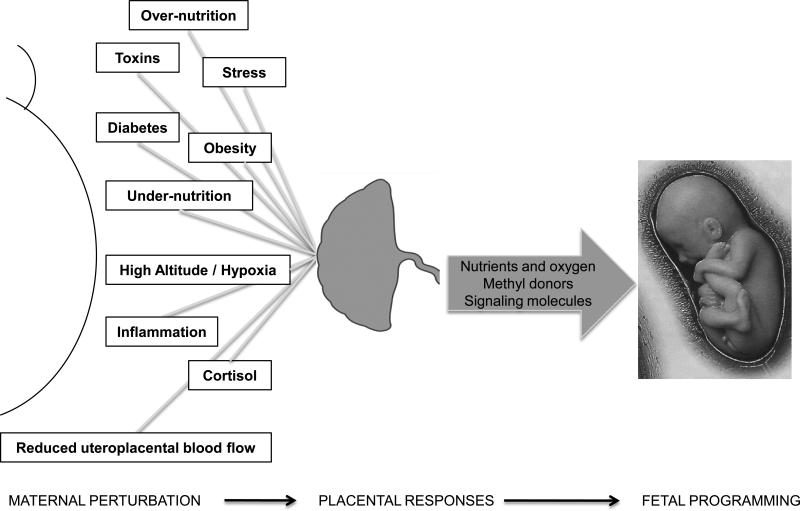Fig 1. The critical role of the placenta in fetal programming.
Perturbations in the maternal compartment may disturb critical periods of fetal development, resulting in increased susceptibility to develop disease in adult life (fetal programming). Placental structure and function changes in response to these perturbations, which influences the supply of nutrients, oxygen and methyl donors and alters the secretion of hormones and other signaling molecules into the fetal circulation. Thus, placental responses to restricted utero-placental blood flow or altered maternal nutrition and metabolism may directly contribute to and/or mediate programming of the fetus for future disease.

